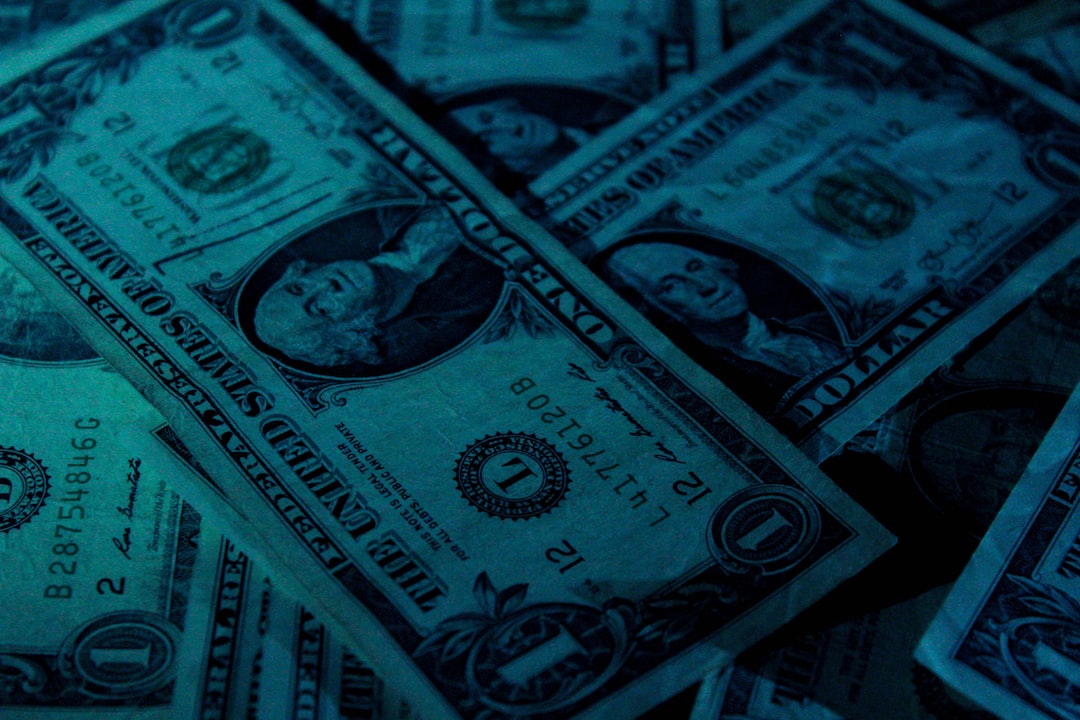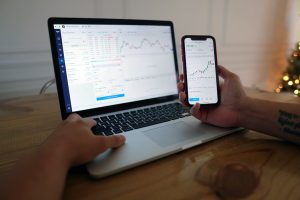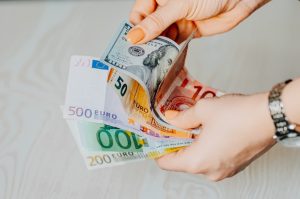Forex, or foreign exchange trading, is one of the largest financial markets in the world. It sees trillions of dollars traded each day, with millions of participants from around the globe. But where exactly does all this money go? In this article, we will explore the various players in the forex market and how they contribute to the flow of money.
The forex market is a decentralized market, which means that there is no central exchange or clearinghouse. Instead, buyers and sellers are connected through various electronic networks and trading platforms. These participants include banks, hedge funds, institutional investors, retail traders, and even governments.
Banks are the primary players in the forex market. They act as market makers, providing liquidity to the market by quoting bid and ask prices for currency pairs. Banks also engage in proprietary trading, where they take positions in currencies for their own accounts. Banks make money in forex through the bid-ask spread, which is the difference between the price at which they buy and sell currencies. The spread is usually very small, but banks make up for it with high trading volumes.
Hedge funds and institutional investors are also significant players in the forex market. They typically trade large volumes of currencies, often using leverage to amplify their potential returns. Hedge funds and institutional investors use various trading strategies, including technical analysis, fundamental analysis, and algorithmic trading. These participants can make significant profits in forex, but they can also suffer large losses if their trades go against them.
Retail traders are individual traders who participate in the forex market through online brokers. Retail traders make up a small percentage of the overall forex market, but they have grown in number and influence over the years. Retail traders typically trade smaller volumes than banks or institutional investors, and they often use leverage to increase their buying power. Retail traders can make money in forex through speculative trading, but they can also suffer significant losses if they are not careful.
Governments and central banks also play a significant role in the forex market. They intervene in currency markets to control the value of their currencies, often through buying or selling currencies in large volumes. Governments and central banks can also use interest rate policies to influence their currencies’ value, which can impact the forex market. For example, if a central bank raises interest rates, it can attract foreign investment, which can increase demand for the currency and drive up its value.
So where does all the money go in forex? The answer is that it goes to the various players in the market, depending on their roles and trading activities. Banks make money through the bid-ask spread and proprietary trading, while hedge funds and institutional investors make money through trading strategies and leverage. Retail traders can make money through speculative trading, but they can also suffer significant losses. Governments and central banks can impact the market through currency interventions and interest rate policies.
In conclusion, the forex market is a complex and dynamic market that sees trillions of dollars traded each day. The various players in the market contribute to the flow of money, with banks, hedge funds, institutional investors, retail traders, and governments all playing a role. Understanding where the money goes in forex is essential for anyone looking to participate in the market, as it can help them make informed trading decisions and manage their risk effectively.






